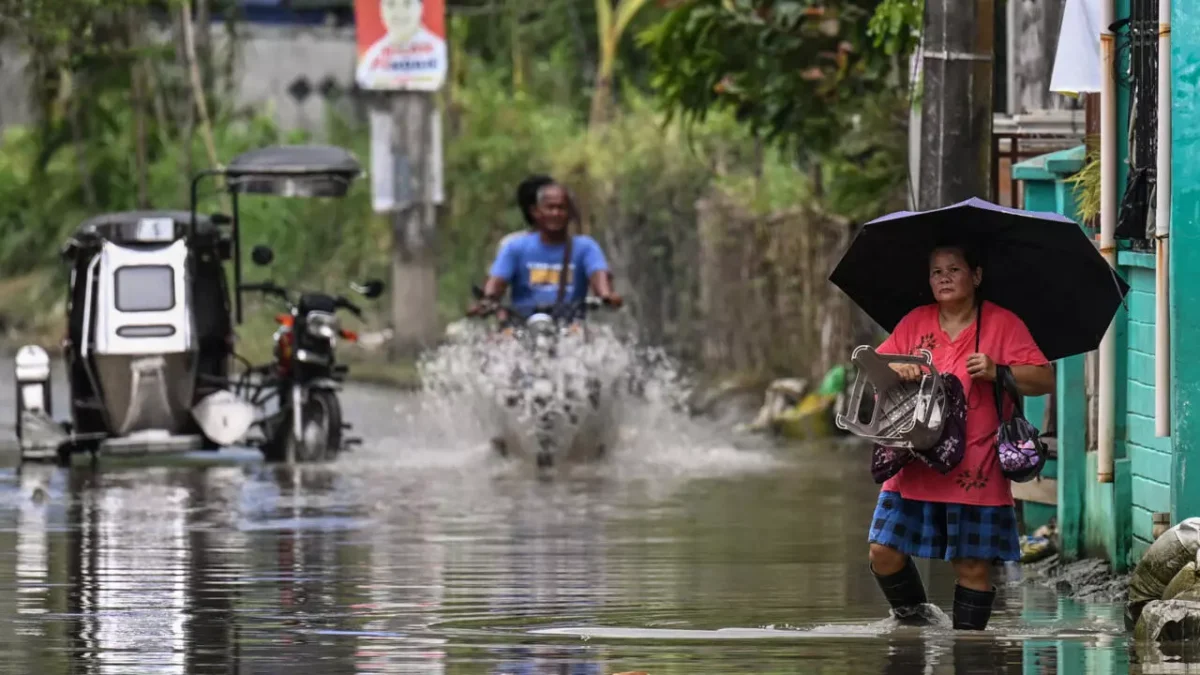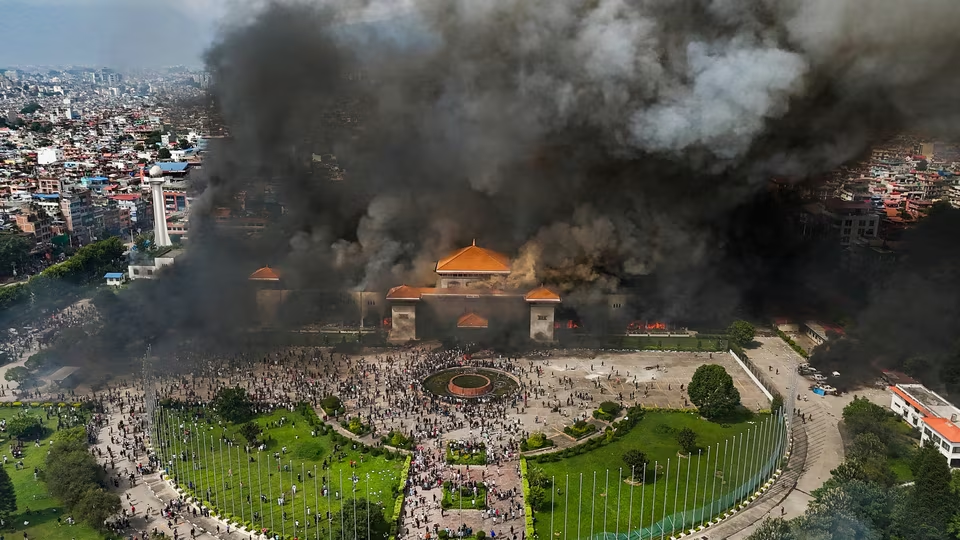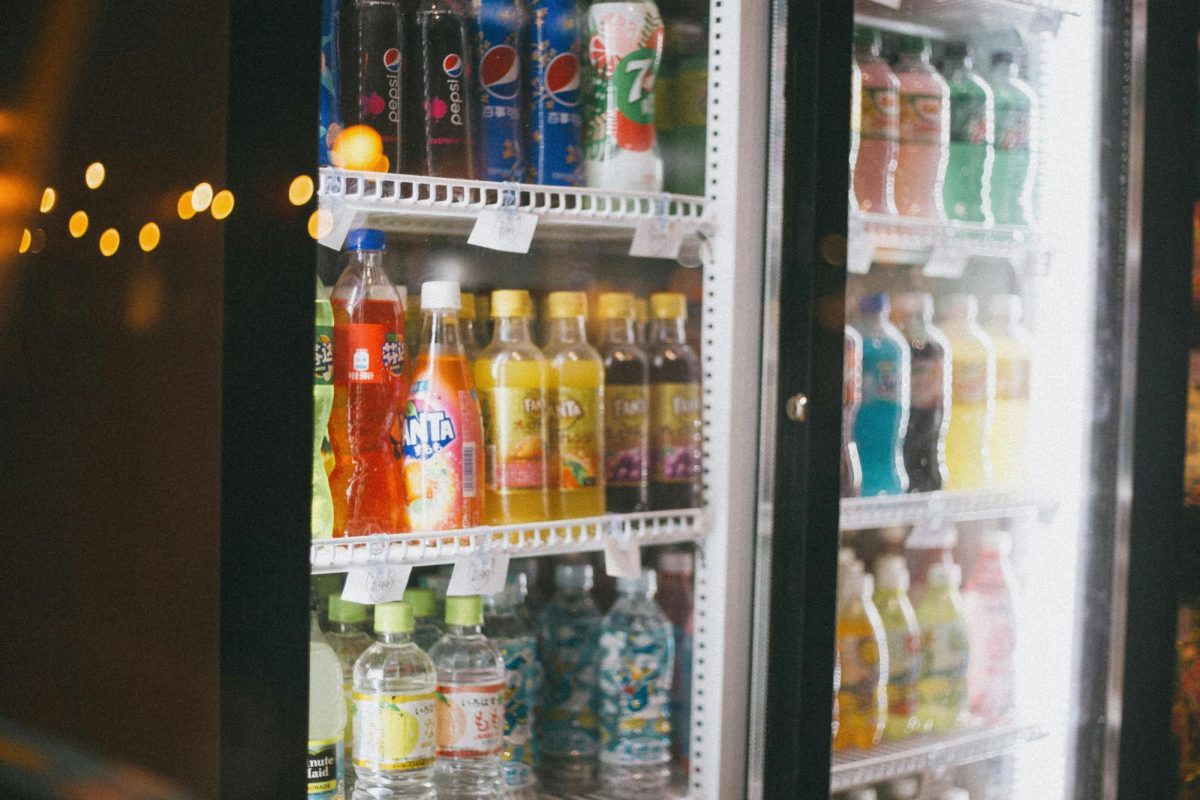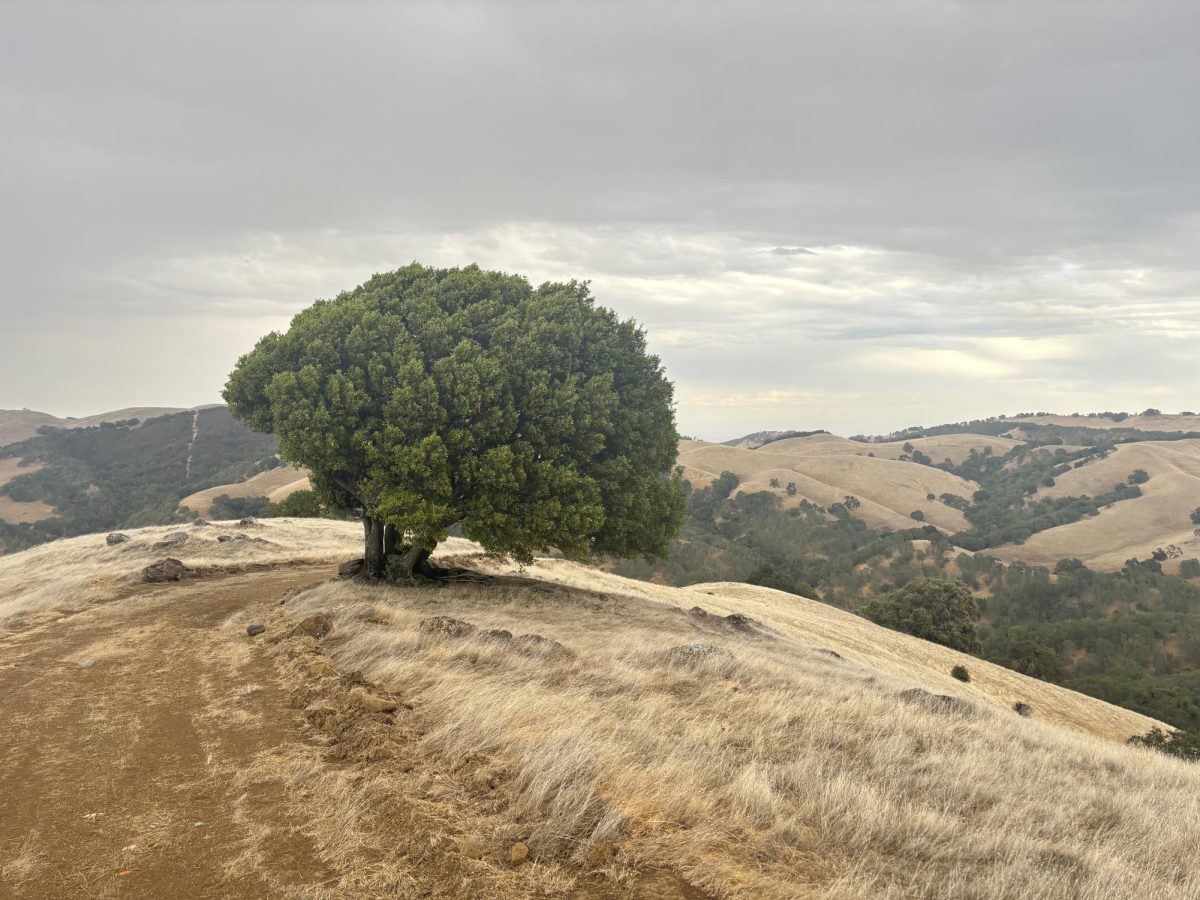The wildfires occurring in Maui have devastatingly affected its residents and local businesses. The inferno began on August 8, merely three and a half weeks ago. It was caused by unnaturally high winds in the area, which snapped power poles. The storm, reaching Category 4 for strong winds, threw the bare, uninsulated, highly electrified wires into the dry grass below, igniting the blaze and causing it to erupt all at once. It spread rapidly, at around the pace of a mile a minute.
Sadly, the massive fires could not be concealed nearly as quickly as hoped for and demolished more than 2,500 acres of land across places like Lahaina. At least 99 people have been reportedly killed so far in the latest weeks, and the FBI has named almost 400 people still missing currently. Thousands of homes and businesses were destroyed, leaving over 2,000 people also displaced, and jobless.
Ava Balthazar, a freshman at GHS, stated that her family, “has a house in Kihei, not too far from Lahaina where the fires happened,” and that her, “favorite hotel, Honoaokai Hotel, and a family friend’s business in Lahaina also burnt down.”
The rebuilding process is not only going to be expensive but also expected to take years. Luckily some have been able to find temporary refuge in nearby standing hotels and motels, but a lot still remain homeless for the time being. Maui citizens were already struggling with the extravagant costs of living and housing shortages way before the massive disaster hit. People are grappling with how they will find the money to fund the amount of construction it’ll take to rebuild everything.
Additionally, during this time tourism is especially not encouraged for it will make finding residents temporary places to stay even more difficult than it already is.
Balthazar agrees that, “tourists and many others should stay away from Maui for the time being because then many of them would be staying in hotels and tons of the displaced people wouldn’t have any place to stay, which would cause a socio-economic catastrophe.”
Tourism is a really big part of how the island gets its income, and with its shortfall comes lots of problematic possibilities. Since so many homes and businesses have also burned down, like stated above, hundreds of people have become homeless and unemployed, making the issue even more catastrophic.
According to an article from CBS News, by Ben Tracy and Kerry Breen reported, “West Maui is losing about $9 million a day,” and the rest of the island still continues to feel the repercussions.
Typically, about two to three million tourists visit Maui every year, spending around “$5.4 billion dollars in total.” With unemployment rates skyrocketing, and tons of citizens no longer making money, or paying their bills, if this problem continues, Maui could end up facing major debt.
Furthermore, part of the concern for many people living in Maui stems from the island’s robust Outdoor Emergency Siren System not being set off to warn the city about the fires. According to Hawaii Emergency Management Agency spokesperson Adam Weintraub this alarm is, “the largest in the world, with about 400 alarms” (CNN).
Weintraub also states in an interview that it largely had to do with, “how fast the flames were moving.” Sadly, the fire moved too quickly, and due to this fact, some of the population lost their lives. Mass demolition of homes, businesses, local history, and valuable possessions occurred as well. Although some suspect there might actually be something wrong with the system, nothing has been proven yet. Fortunately, on the bright side, Maui’s government did attempt to use three different ways to contact and warn the people, via text, television, and the radio, which did help some, but overall not enough.
During this time of grief and mourning for families, investors are taking Maui’s immense vulnerability as a chance to make a quick buck. While the island figures out how to move forward, investors are swooping in to buy off the damaged properties. They will purchase the land cheap at cut rate prices and wait until property values increase once the fires effects have settled down. Their goal is to resell it for a much higher profit. Nearly 86 percent of the buildings destroyed in the wildfire were residential homes, making this practice not only more common, but also almost inevitable for the majority of the property lost in Maui.
Ultimately, this natural disaster caused much grief for the island of Maui. Numerous people were not informed soon enough because of the downed power lines and failure to activate the alarm system with how quickly the fires were spreading, therefore resulting in the obliteration of thousands of acres of land, property, schools, and businesses. The destruction was also so vast that hundreds of families have lost loved ones, and a big portion of the population still remains unidentified. As the mourning and search for survivors continues, we can only hope and pray for the best.





























